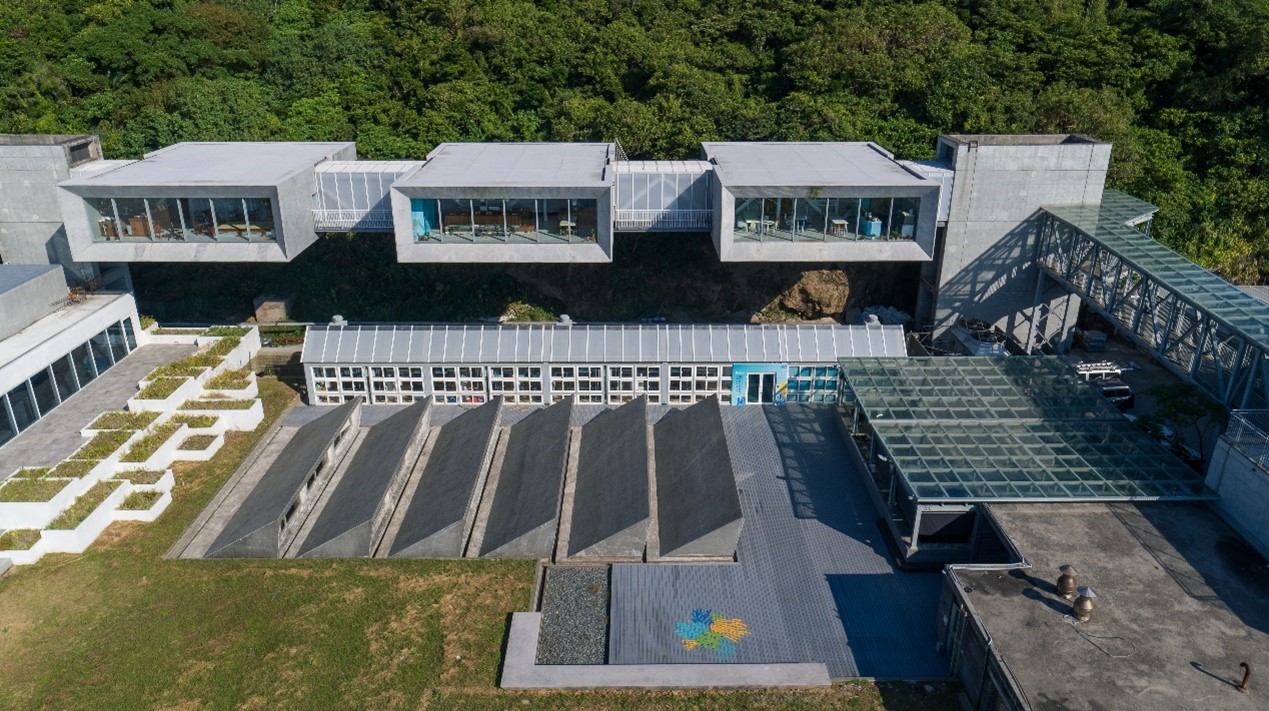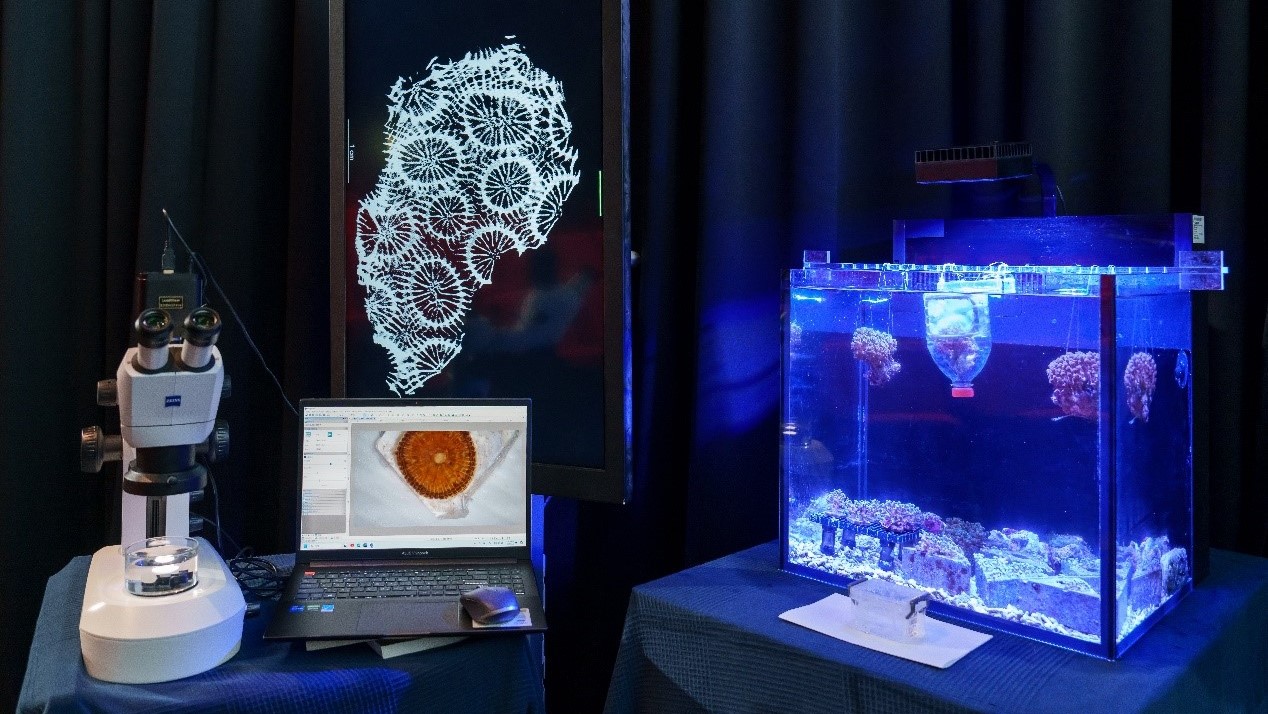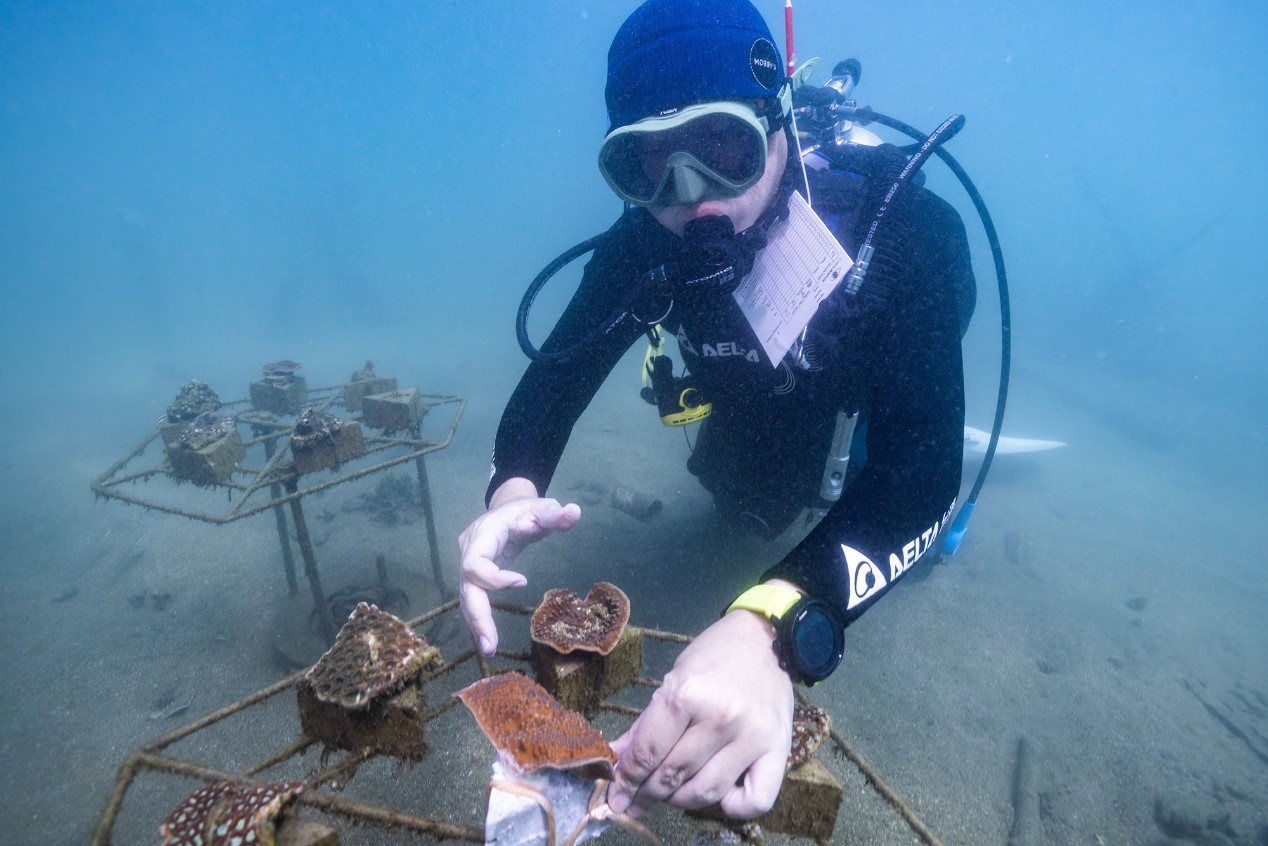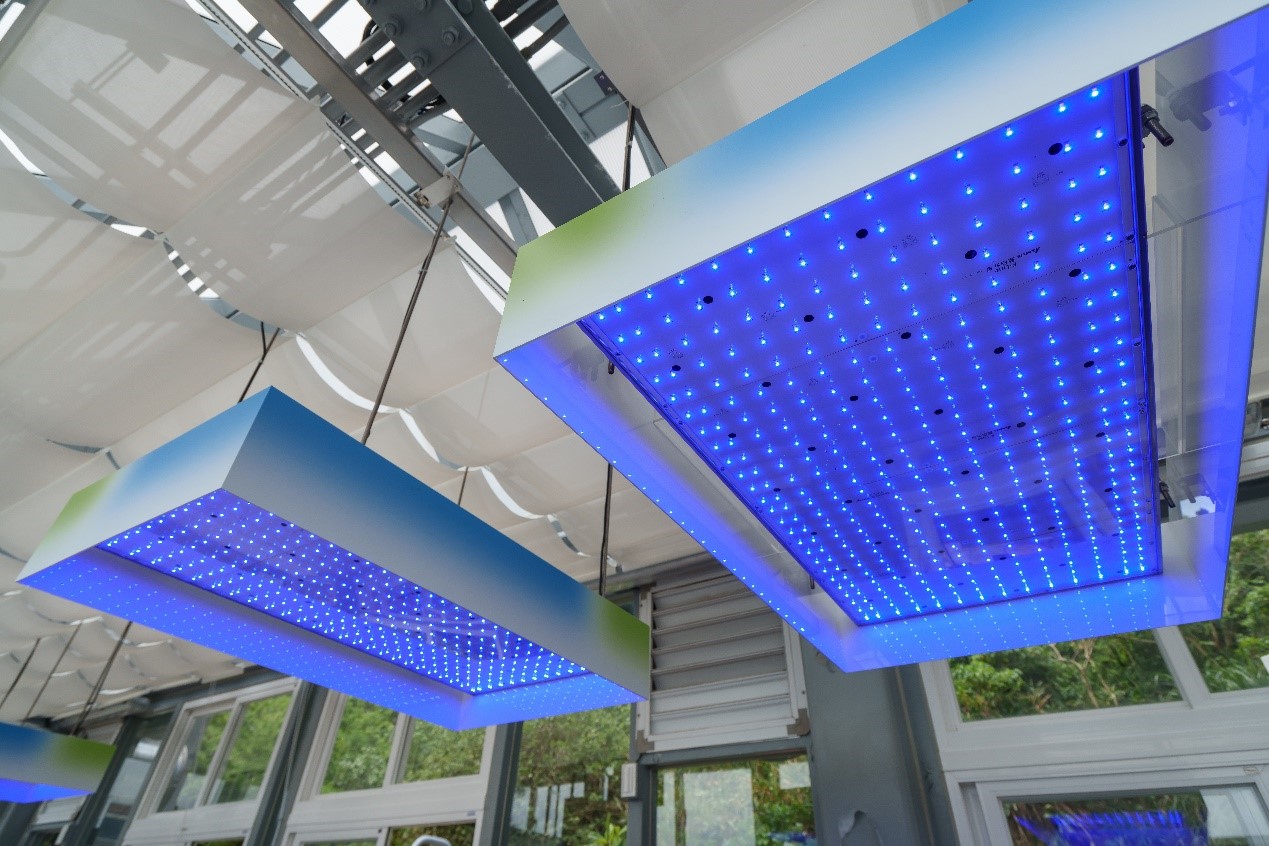
Duration:2019-present Updated:2024/05/14
Climate change is intensifying. The research by the United Nations expects that 70% to 90% of coral reefs may face extinction while a quarter of marine species may lose their habitat if planet Earth's average temperature rises above 1.5°C. Delta and the Museum of Marine Science & Technology have jointly built the Chaojing Coral Conservation Center, with the aim of restoring internationally recognized endangered corals and helping corals to develop better heat-resistant resilience in the face of more frequent marine heatwaves.
Leveraging Delta Electronics' expertise in industrial and building automation, and also integrating intelligent aquaculture and environmental management, the Chaojing Coral Conservation Center intends to create a suitable and energy-efficient greenhouse for coral growth. It is developed to be a coral conservation base that integrates with a marine protected area. Corals with heat-resistant genes and nursed in the center will be selected and transplanted into the Chaojing Bay Resource Conservation Area. It is expected that over 10,000 corals will be fostered and transplanted within three years.
Currently, the Center can support the cultivation of about 6,000 coral fragments and has selected 20 endangered native coral species that are listed on the International Union for Conservation of Nature (IUCN) Endangered and Vulnerable Coral List, including Turbinaria reniformis, Galaxea astreata, and Pavona cactus. These have been identified as the first protected species in the center.
In addition to being the Noah's Ark for corals, the Center is also an important site for environmental education. The visit appointment is open to the public, with the museum curators and Delta volunteers serving as lecturers, enabling people to learn the importance of corals in marine ecology. People are also allowed to experience the coral restoration process in person. The Center further reaches zero carbon emissions, through Delta's contribution of renewable electricity.
Before the official opening of the Center, Delta had established the Coral Restoration Classroom in the Museum of Marine Science & Technology, where we held workshops on the weekend and engaged the general populace in fixing coral fragments on the bases and experiencing the restoration process. The Center now succeeds in the classroom to get more people involved in protecting marine biodiversity and contributing to a healthy ocean.

Delta and Mote Aquarium developed a partnership for coral research and rescue mechanisms.

Delta equips these volunteers with the necessary skills to use available tools such as CoralNet, iNaturalist, and CoralWatch to enhance restoration efforts.

The goal is to determine how to optimize the LED lighting to accelerate coral settlement and growth rates.